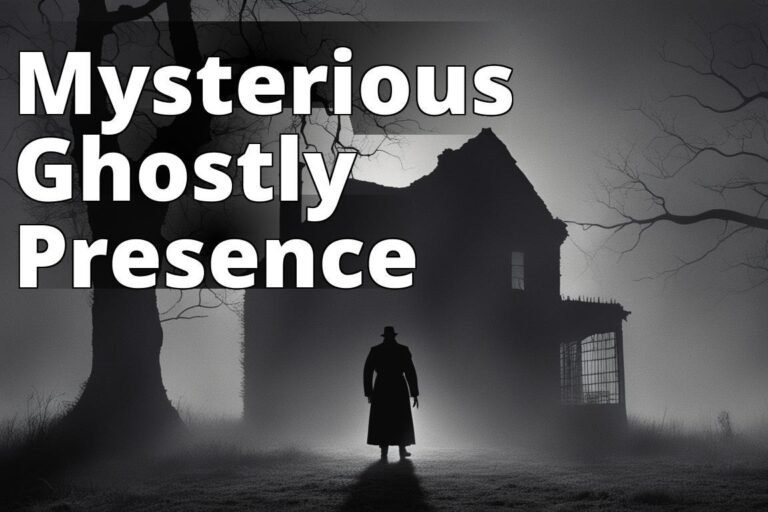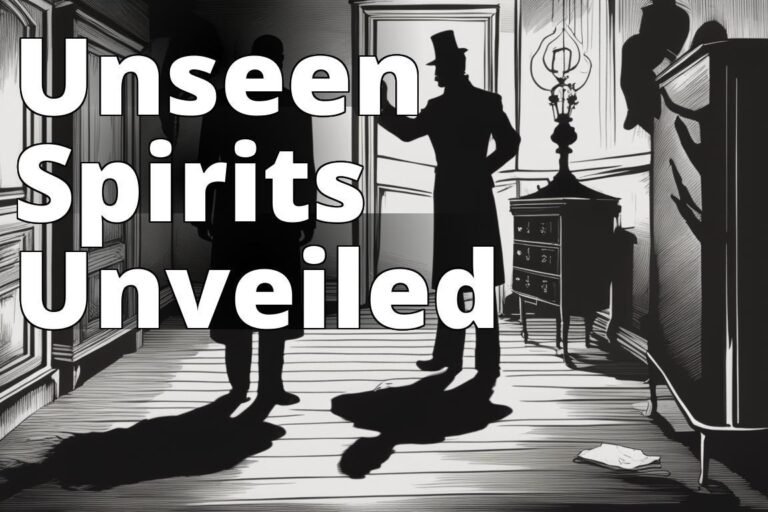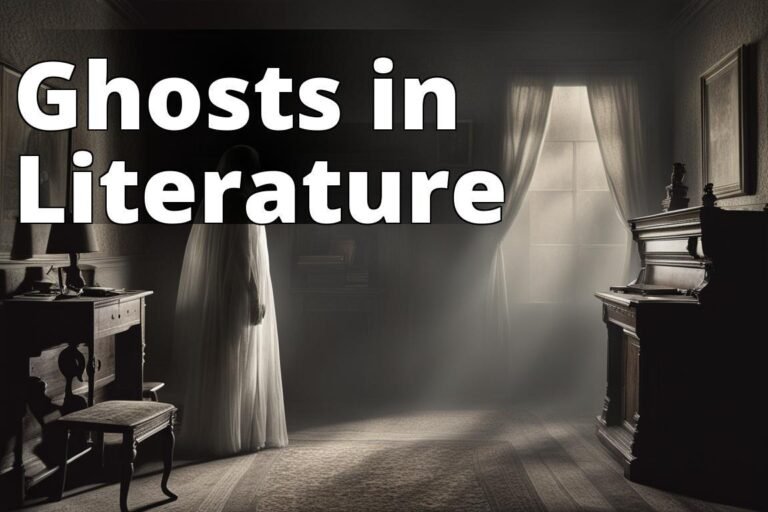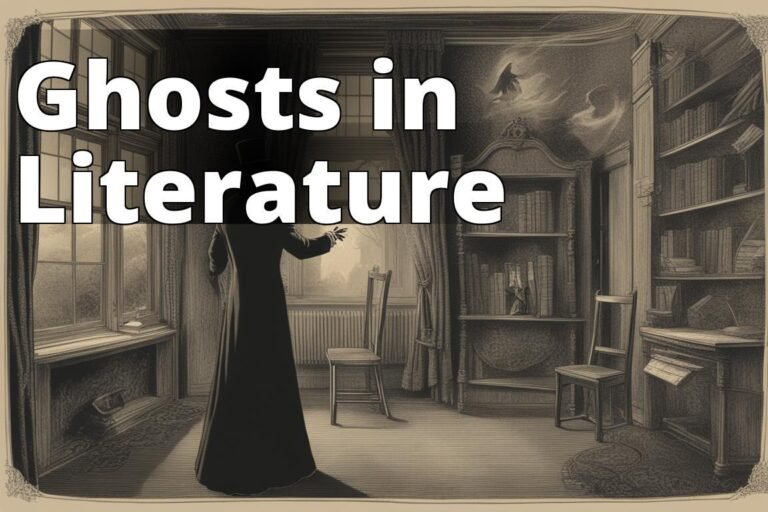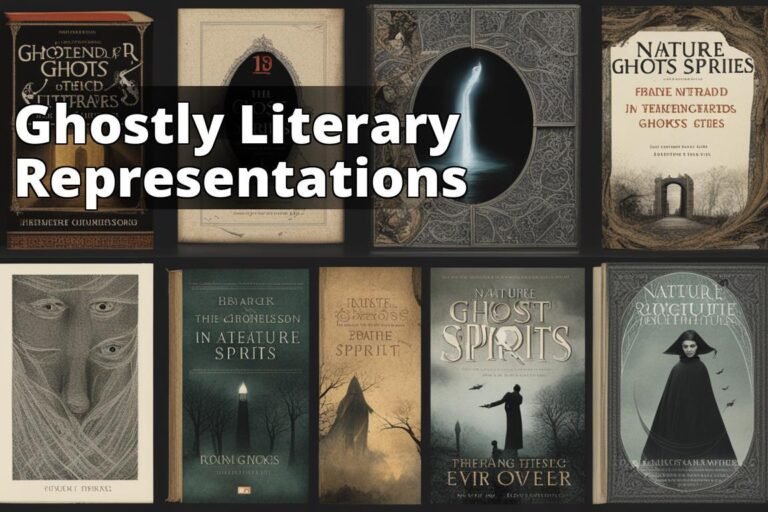Are Ghosts Real? What the Bible Says About Ghosts and Spirits
In the realm of the unseen and the unknown, the distinction between ghosts and spirits often blurs, leaving many to wonder: are ghosts simply undead beings lingering among us, or is there more to the story? Today, we’re diving deep into this fascinating topic, separating fact from fiction, and exploring what the Bible has to say about these ethereal entities.
Are Ghosts Real? What the Bible Says About Ghosts and Spirits
The question of whether ghosts are real has been a subject of debate for centuries. The Bible, while not explicitly using the modern term “ghost,” provides intriguing insights into the supernatural world, suggesting a realm beyond our physical understanding.
What is a ghost?
A ghost, as popular culture would have us believe, is the apparition of a deceased person. They are often thought to be trapped between this world and the next, unable to move on due to unfinished business or a traumatic death.

What does the Bible say about ghosts?
The Bible does not directly mention ghosts in the sense of undead spirits haunting the living. However, it does speak of spirits and apparitions. For instance, in 1 Samuel 28, Saul seeks the Witch of Endor to summon the spirit of Samuel, indicating a belief in the ability to communicate with the dead.
Insider Tip: While the Bible recounts stories of spirits being summoned, it consistently warns against engaging in such practices, emphasizing the spiritual dangers associated with them.
What are spirits?
Spirits, in a biblical context, are broader than the concept of ghosts. They can refer to angels, demons, or the souls of the departed. Unlike ghosts, which are often depicted as having malevolent intentions, spirits can be benevolent, serving as messengers of God or guides.
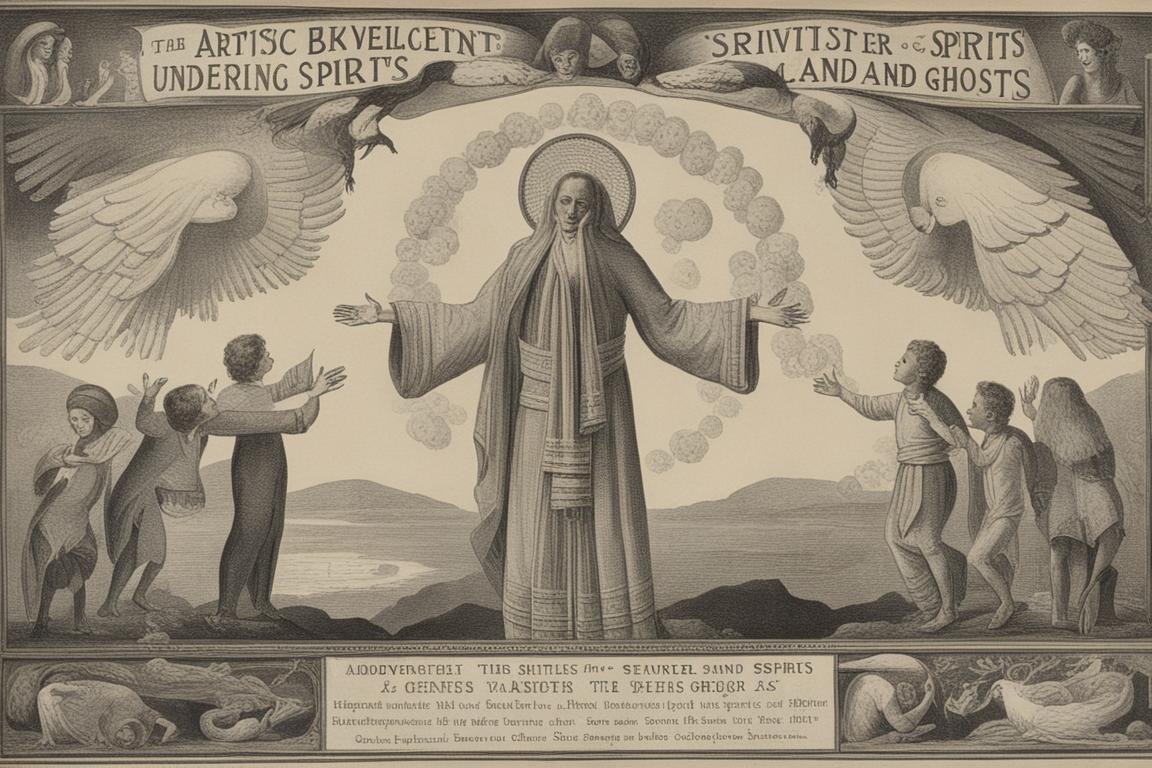
What does the Bible say about spirits?
The Bible differentiates between holy spirits, such as angels sent by God, and evil spirits, which rebel against God’s authority. The New Testament, for example, is replete with instances of Jesus casting out evil spirits, demonstrating their reality and influence within the world.
Insider Tip: Recognizing the presence of spirits requires discernment, a gift that the Bible says can be bestowed by the Holy Spirit.
Can ghosts and spirits harm us?
The notion that ghosts and spirits can cause harm is widespread in folklore and horror stories. However, the Bible suggests that while evil spirits can influence or tempt us, our faith offers protection.
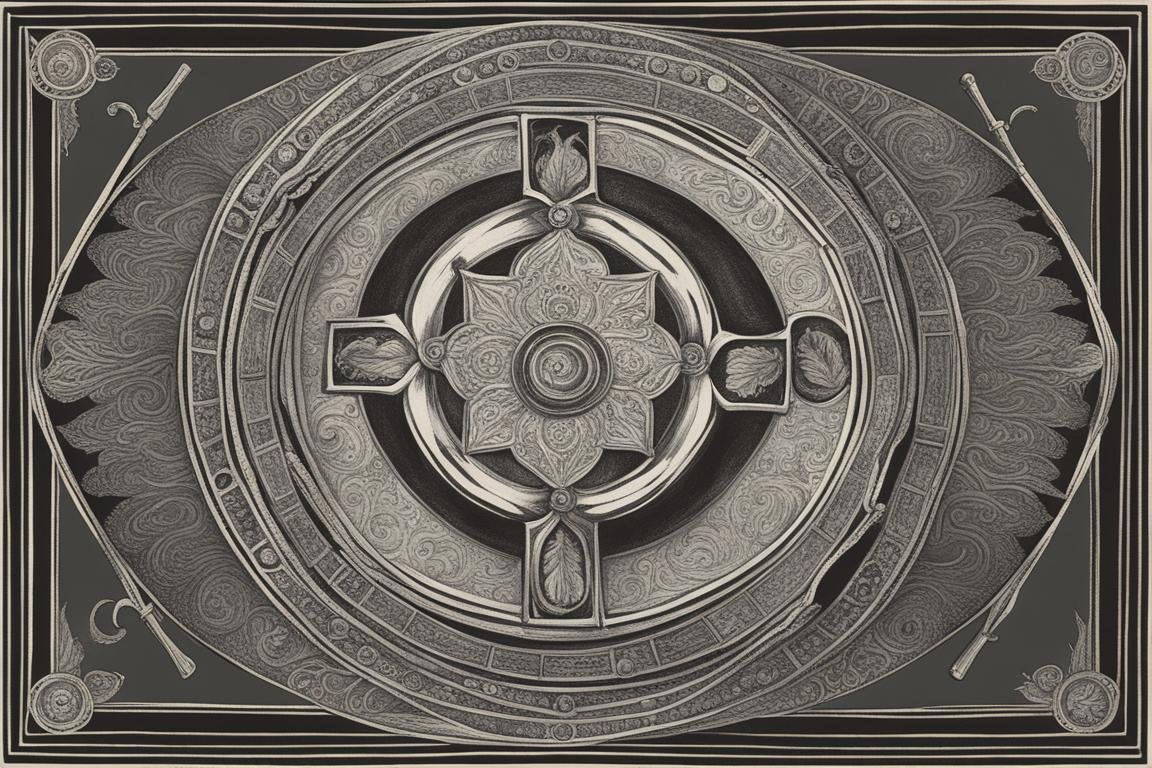
Insider Tip: Ephesians 6:12 reminds us that our struggle is not against flesh and blood, but against the rulers, authorities, and powers of this dark world.
Can we communicate with ghosts or spirits?
Communicating with the dead is a controversial topic. The Bible explicitly warns against necromancy, the practice of communicating with the dead, as seen in Deuteronomy 18:10-12, suggesting it’s not only forbidden but also dangerous.
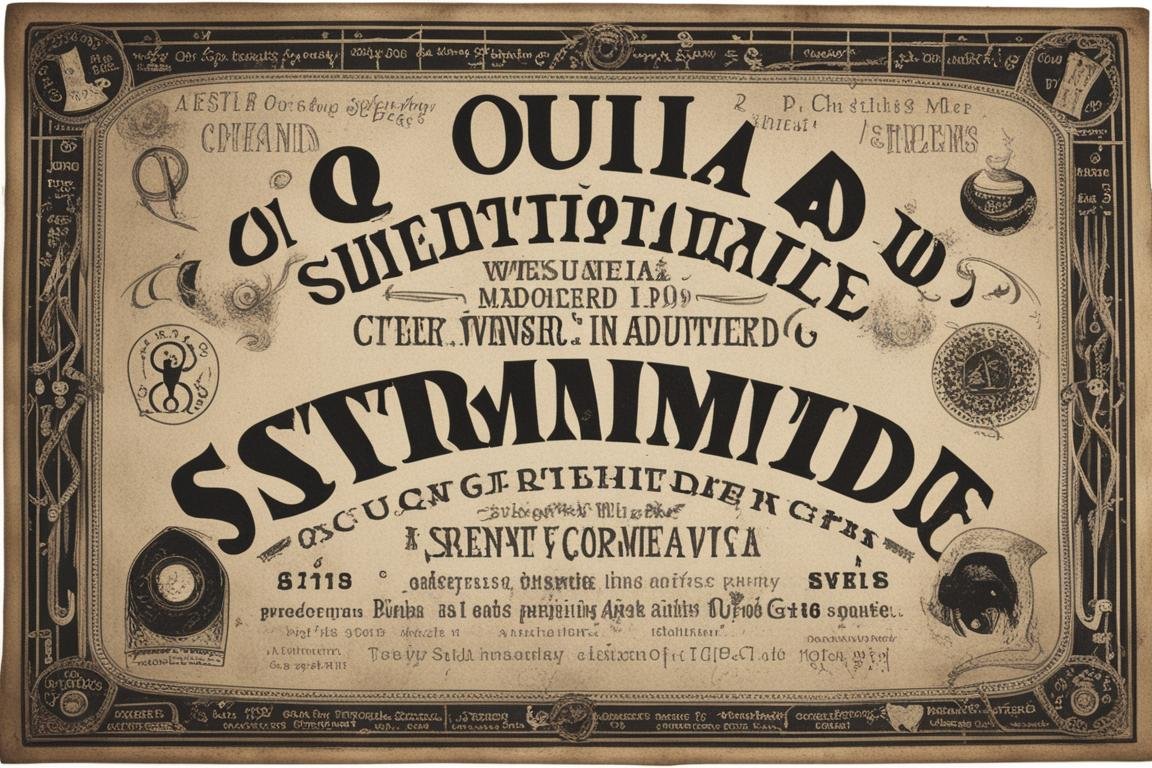
Insider Tip: Seeking communication with the dead diverts us from relying on God for guidance and comfort.
How can we protect ourselves from ghosts and spirits?
Protection from malevolent spirits is a common concern. The Bible advises prayer, faith, and the invocation of Jesus’ name as shields against spiritual harm.
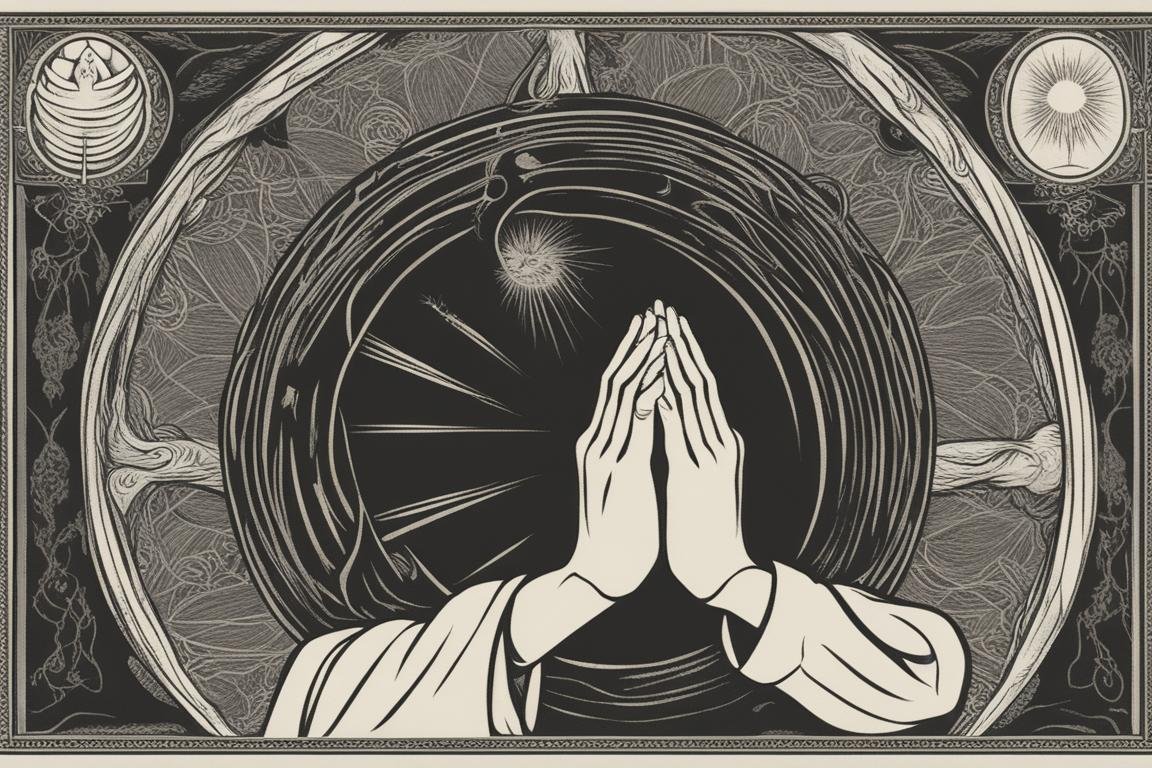
Insider Tip: Regularly adorning your life with the “armor of God” as described in Ephesians 6:11 can fortify you against spiritual dangers.
How can we help someone who is being haunted by a ghost or spirit?
Helping someone who believes they’re being haunted requires sensitivity and wisdom. Offering prayer, spiritual support, and encouraging them to seek help from their faith community can be invaluable.

Insider Tip: Sometimes, what seems like paranormal activity can be psychological; don’t hesitate to recommend professional counseling if needed.
How can we help someone who is being influenced by a spirit?
Influences by spirits, particularly those considered malevolent, can be deeply troubling. Offering steadfast prayer, engaging in spiritual warfare, and seeking the assistance of clergy can provide significant relief.
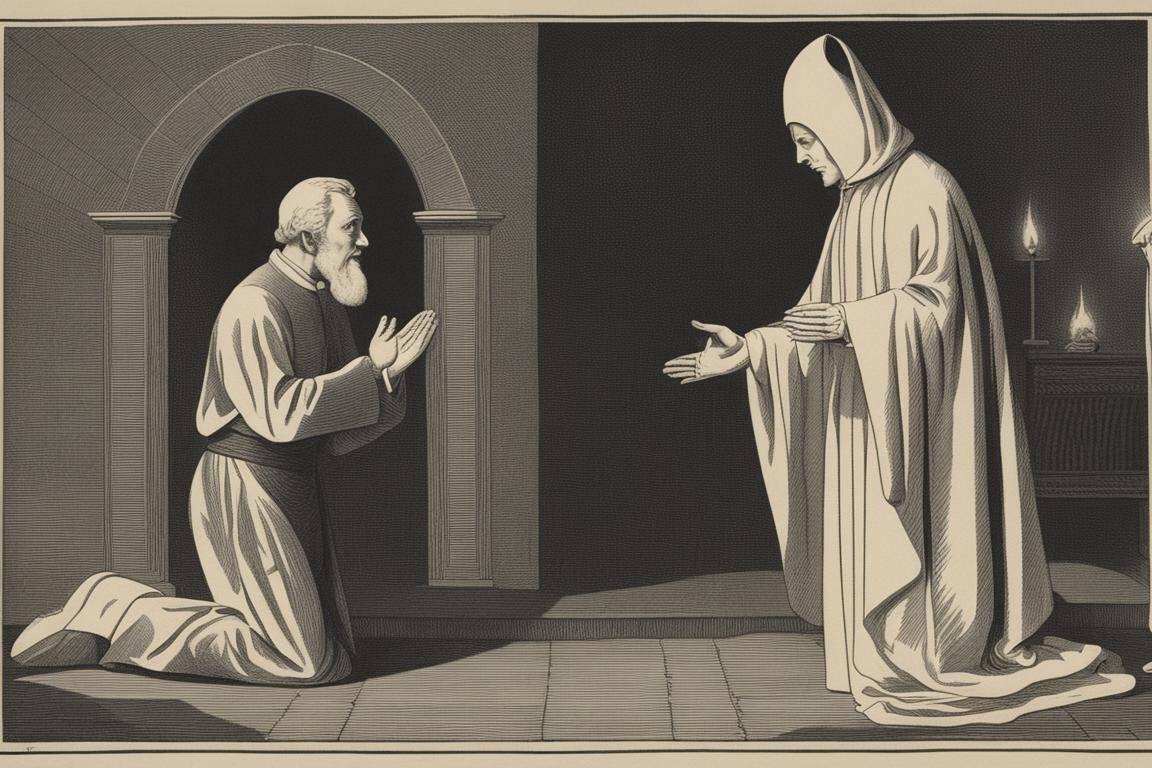
Insider Tip: Remember, the power of Christ is stronger than any spirit; invoking His authority can bring liberation and peace.
Conclusion
The delineation between ghosts and spirits is more than a matter of semantics; it’s a reflection of our understanding of the afterlife, the supernatural, and our place within this mysterious cosmos. While the concept of ghosts as undead entities may captivate our imaginations, the Bible presents a more nuanced view of spirits, emphasizing the presence of both benevolent and malevolent forces beyond our physical realm. Armed with faith and the guidance of scripture, we can navigate this unseen world with confidence and caution, ever mindful of the thin white lies that may lead us astray.
For more insights into the supernatural and the spiritual, continue exploring with us at Thin White Lies.
Remember to check our sitemap for more articles that delve into the unknown with clarity and truth.
Whether we’re discussing ghosts, spirits, or the myriad entities that populate our folklore and religious texts, one thing remains clear: our fascination with what lies beyond is a testament to the human spirit’s unquenchable thirst for knowledge and understanding. Let us tread this path with both caution and curiosity, always seeking the light amidst the shadows.
Q & A
Q: Are ghosts considered undead beings?
A: Yes, ghosts are believed to be spirits of the deceased.
Q: How do people typically define ghosts?
A: Ghosts are often described as the souls of the dead.
Q: What distinguishes ghosts from other spirits?
A: Ghosts are spirits believed to be tied to specific locations.
Q: Can ghosts harm the living?
A: While some believe ghosts can be harmful, others see them as harmless entities.
Q: Are ghosts always visible to everyone?
A: No, ghosts are often reported as appearing only to certain individuals.
Q: Can ghosts communicate with the living?
A: Yes, some people claim to have had interactions with ghosts.


